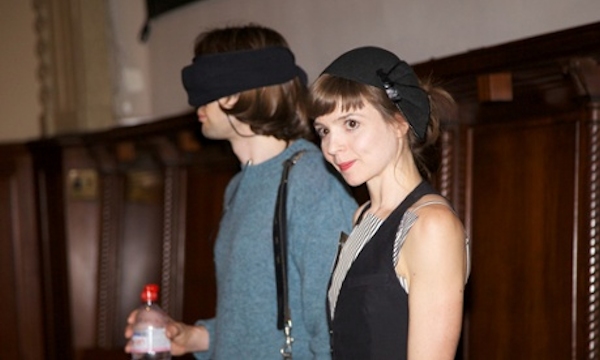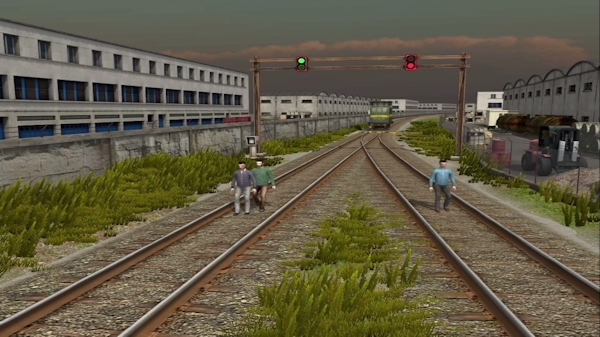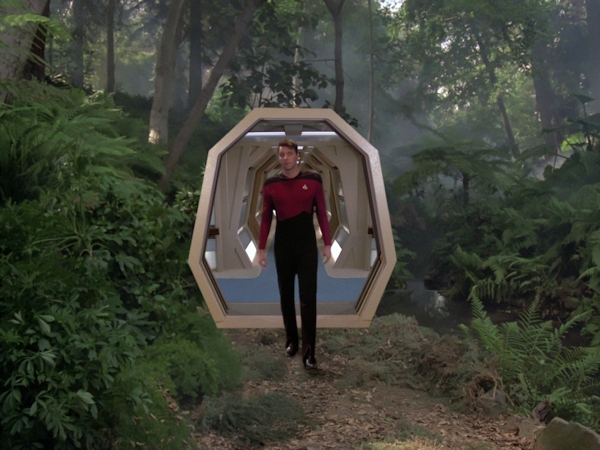Special Issue of Contracampo on “Immersive processes in Media Culture”
Over many decades of study in various fields of knowledge, ideas like “dive into an ocean”, “drifting”, “losing touch with reality”, among others, were used as metaphors for immersion in addition to a connotation nearly to the idea of absorption and attentional engagement on an activity. However, especially with the growth and access to new technologies in the construction of hybrid increasingly worlds, studies of immersion have been gaining new perspectives and different theories about the phenomenon have been revisited.
Thus, our interest with the proposal for a special issue on “Immersive processes in media culture” is to include the most recent studies on the phenomenon of immersion in various fields of knowledge production. We are interested in understanding the different approaches to immersive processes through the media and their methodological consolidations for the understanding of the phenomenon.… read more. “Call: “Immersive processes in Media Culture” – Special issue of Contracampo”




